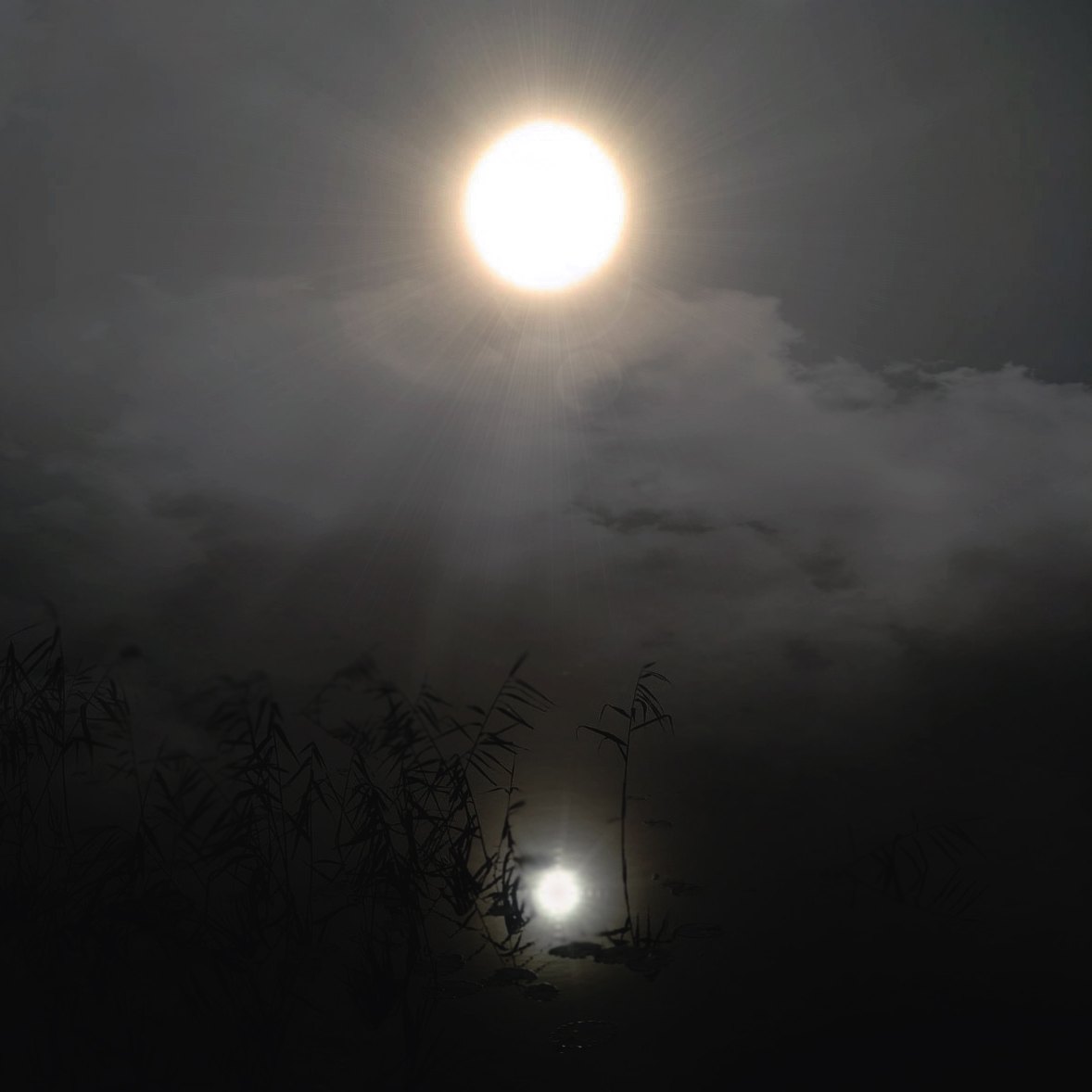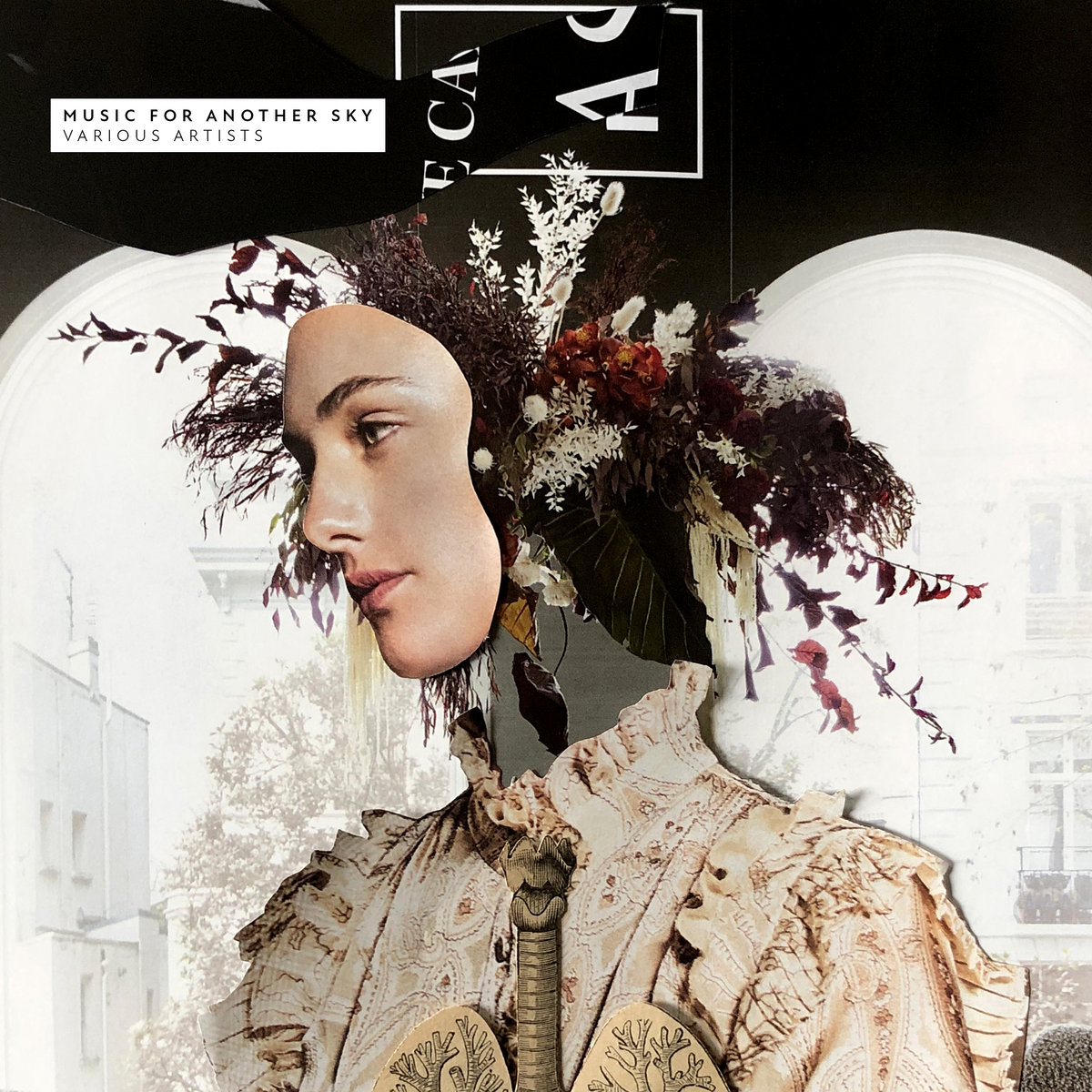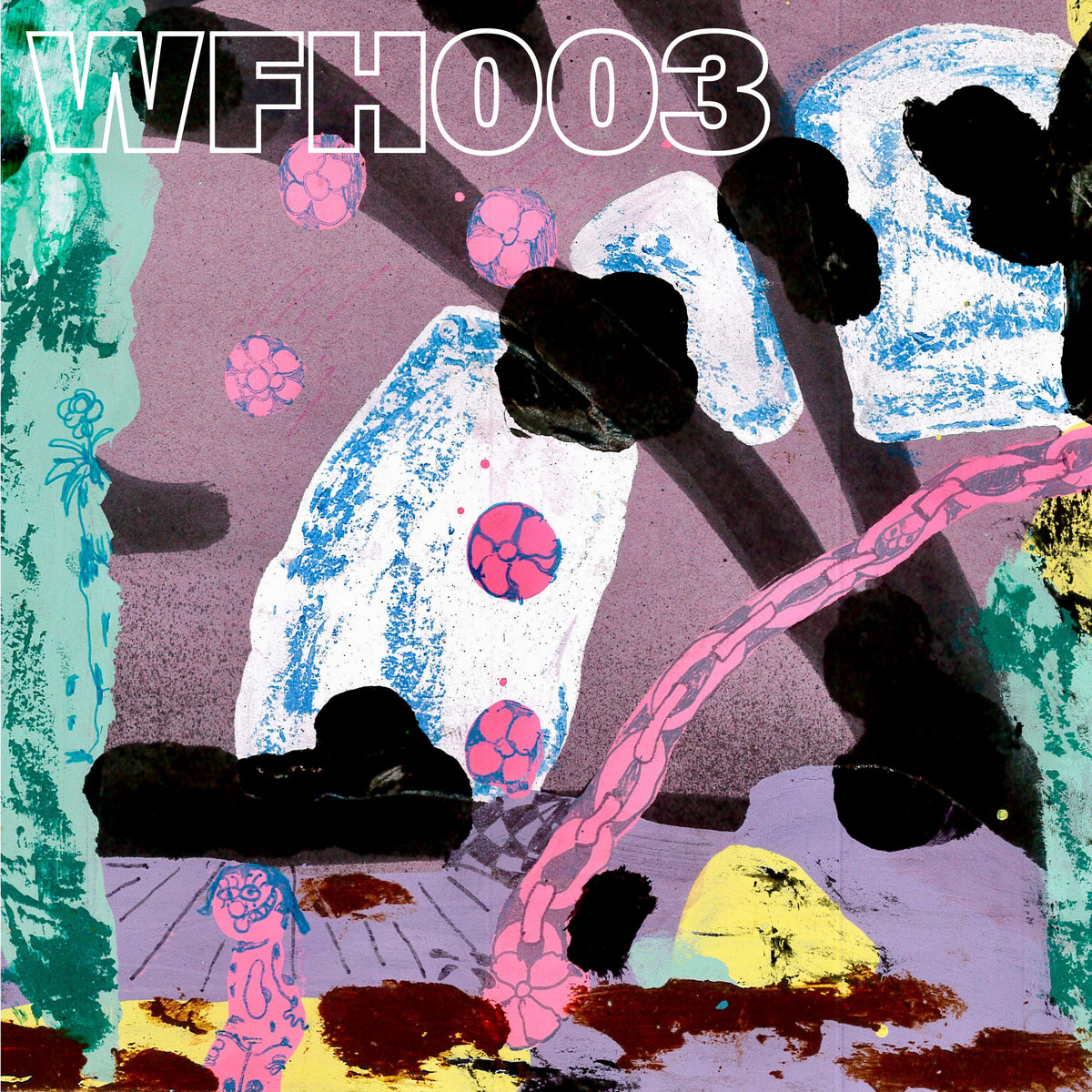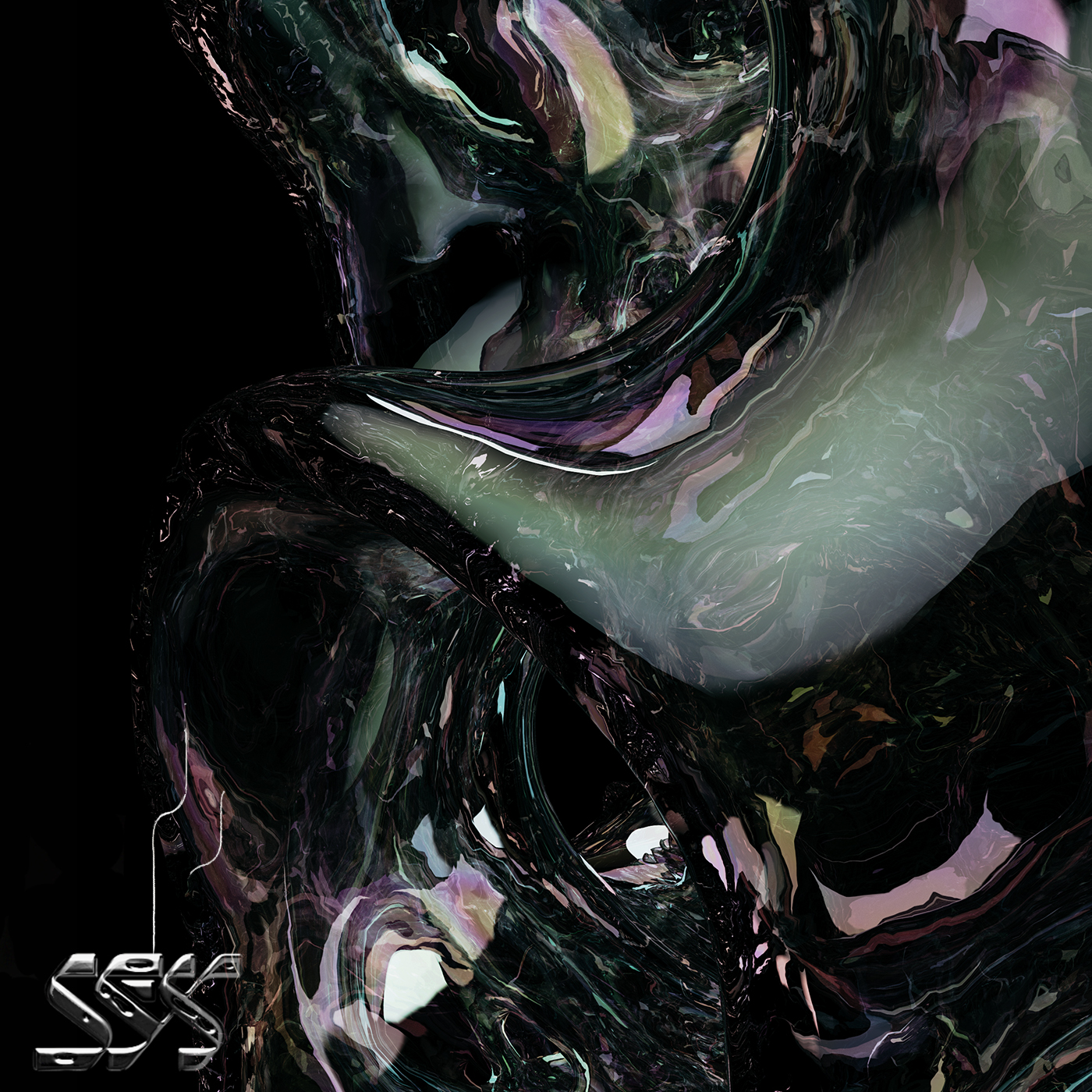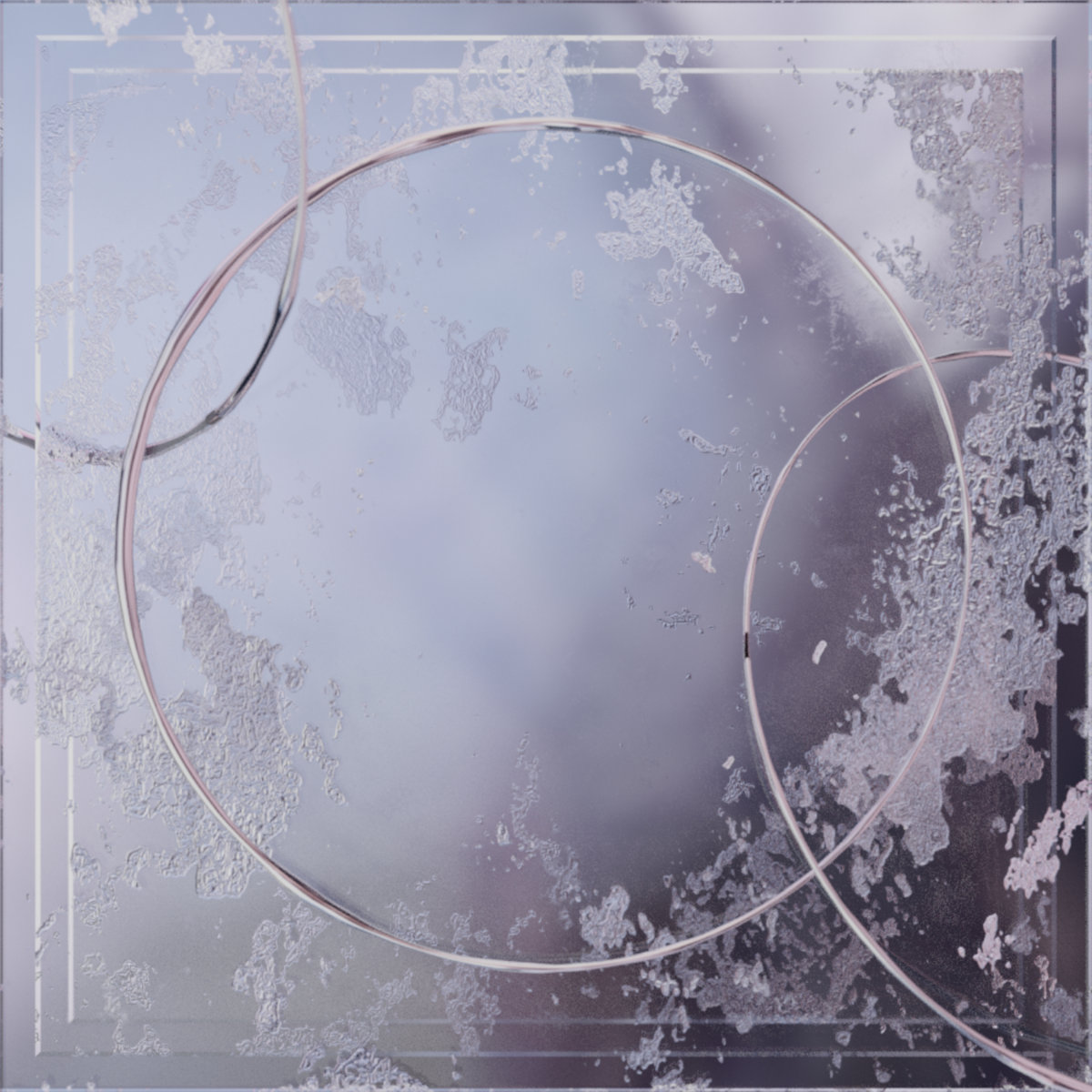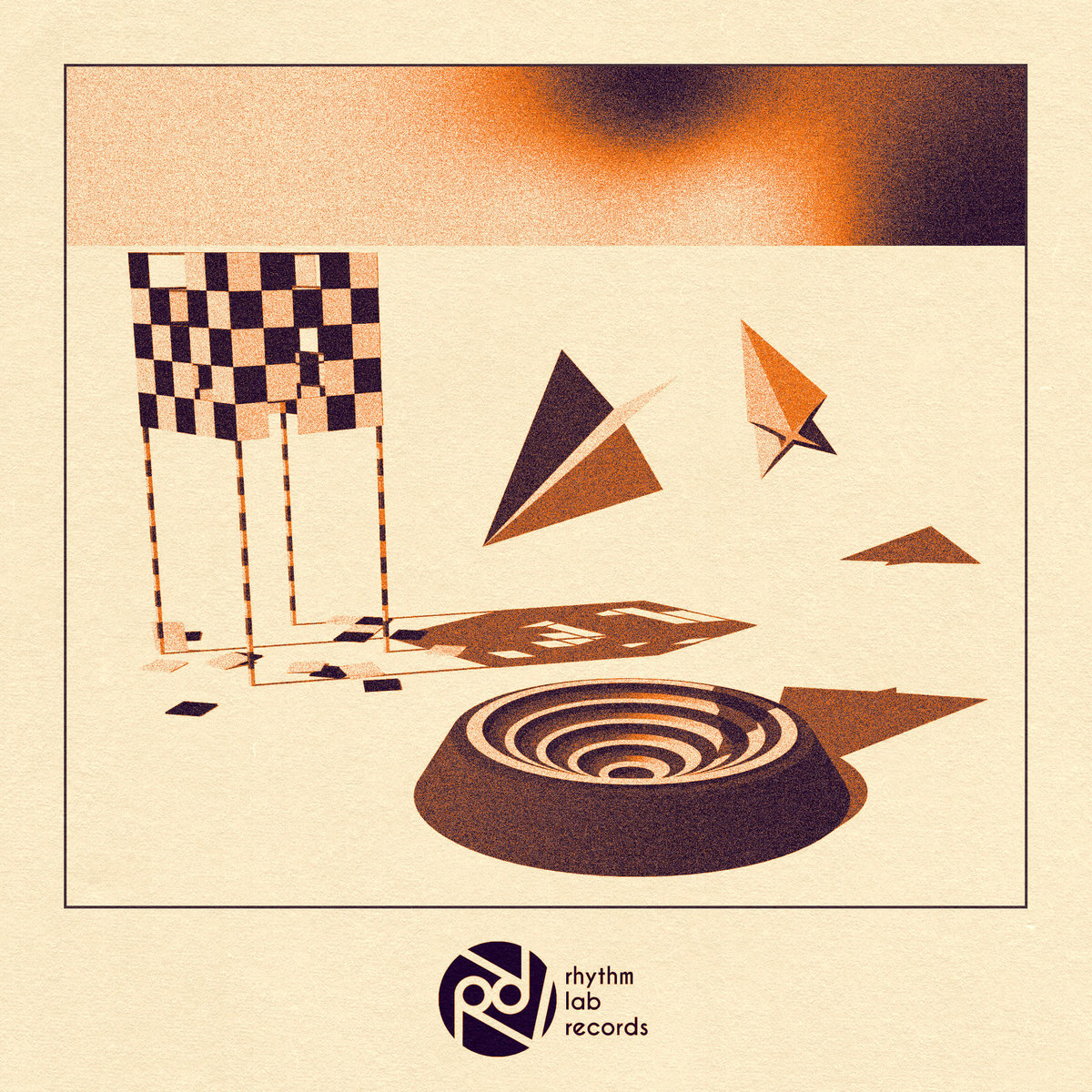Kin
Editions Mego - 2LP/ CD
February 13/2026
“KMRU triumphantly returns to Editions Mego with an album that lands at the noisier end of the Kenyan artist's sound palette.“ - RA

Forge
Seil Records - Digital / LP / Tape
October 22/2024
“a soothing set of stargazing designs on a return to orbit for Seil Records.“ - Boomkat

-
Otherness EP
KRM & KMRU
Phantom Limb - Digital
December 4/ 2024
“Twin heavyweights Kevin Richard Martin (The Bug) and Joseph Kamaru (KMRU) follow 2024’s acclaimed collaboration album Disconnect with EP of associated works Otherness, a new study of foreboding tension, hope, and profound sonics that marries depth-trawling dub with Kamaru’s voice, ambient sensibilities, and negative space.”

-
Natur
Touch - Digital / CD
July 26/2024
“KMRU’s most visceral and satisfying full-length, Natur’ is a departure from his more pastoral, drone-based work, tweaking invisible electromagnetic squeals and rumbles into searing noisescapes and evocative orchestral moans.”-Boomkat
“For this ominous-yet-animated suite of static, Berlin-via-Nairobi sound artist KMRU uses electromagnetic microphones to reflect the invisible signals of city life.” - Stereogum
“Ambient as much of it is, the result is the opposite of background music. Natur is a voltaic odyssey, a ghost train rumbling, twisting and floating through this aural rendering of Nairobi at night” - Pitchfork
“KMRU seems to understand nature and technology as a duality comparable to music and noise. The two are inextricably linked, and their differences lie more in individual perception than anything else. The first step towards understanding their dualism is listening.“ - The Quietus
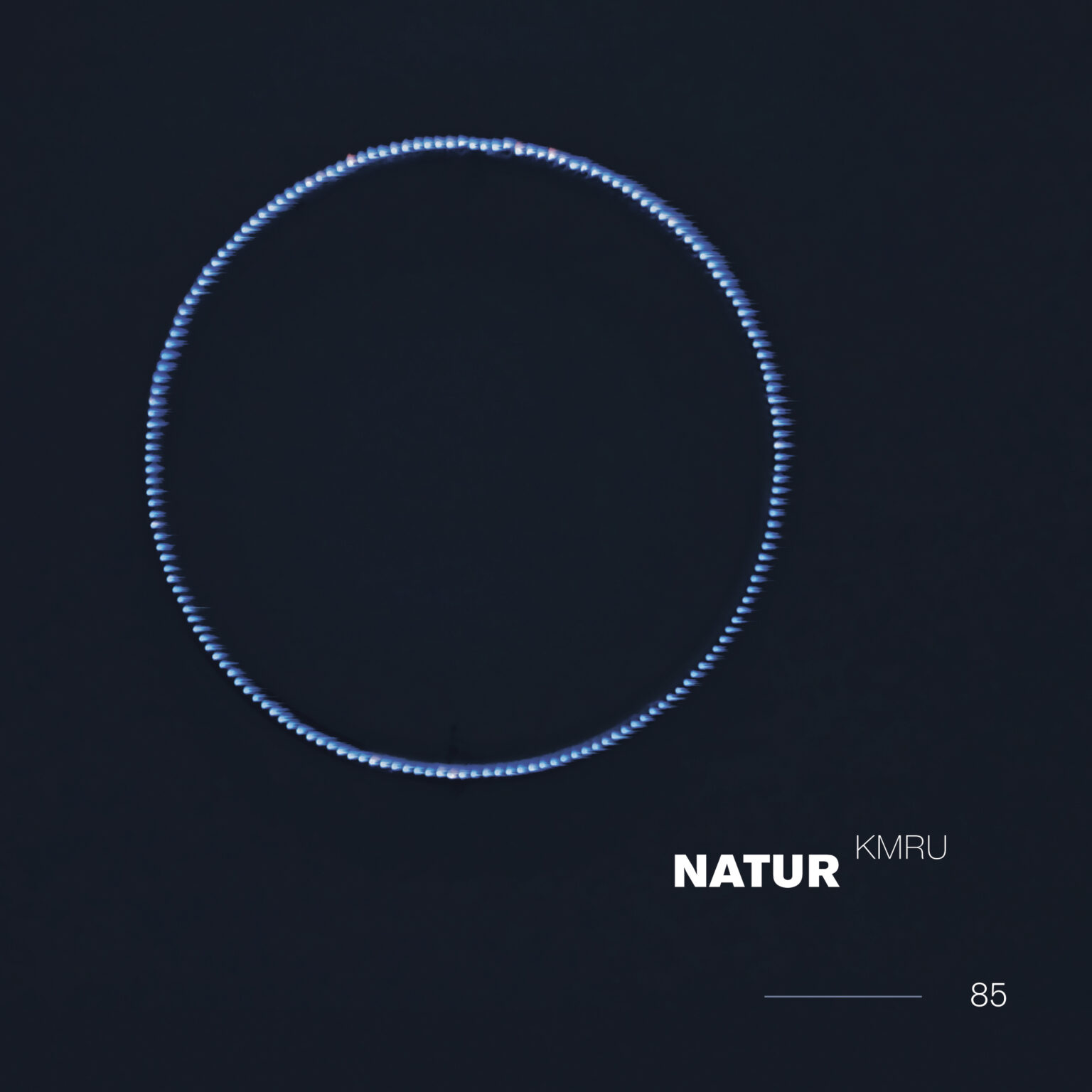 .
. 

-
Temporary Stored II
KMRU, Aho Ssan, Jessica Ekomane, Lamin Fofana, Nyokabi Kariũki, Bhavisha Panchia
OFNOT - Digital / 2LP
October 11/2024
“KMRU extends 2022's 'Temporary Stored', a bold decolonial exercise that re-appropriates "stolen sounds" collected from the Royal Museum of Central Africa's archives, with a new composition and a set of additional responses from Jessica Ekomane, Aho Ssan, Lamin Fofana, Nyokabi Kariũki.” - Boomkat
“Inscribed in this album are black waveforms as rebellious enthusiasms”....
Temporary Stored II is a reminder that the labour of listening back is a continuous process of reassessing what has been lost, captured and refused.” - Bhavisha Panchia
“Stored II, KMRU gathered a cohort of sound experimentalists of African origin to further excavate
The auditory residue of the sound archive of the Royal Museum of Central Africa in Tervuren, Belgium.
In listening back to colonial recordings, they find “fragile vessels carrying fragments of practices and embodied knowledges,” as curator Bhavisha Panchia writes in the album’s liner notes.”



-
Dissolution Grip
OFNOT -Digital/ LP
September 29/2023
All tracks written and produced by KMRU
Mastered by Stephan Mathieu at Schwebung Mastering
Artwork: Joseph Kamaru
Layout/ Design: Joe Gilmore
Text: John Twells
“The prolific Kenyan-born, Berlin-based electronic musician departs from his typical use of field recordings,
but environmental sound still makes its mark on his immersive, long-form explorations.” -Pitchfork
“a record by a musician masterfully bending a myriad of influences to his will.” - Bandcamp
“Dissolution Grip offers glimpses of Kamaru’s reaching through the durational to the sublime” - The WIRE
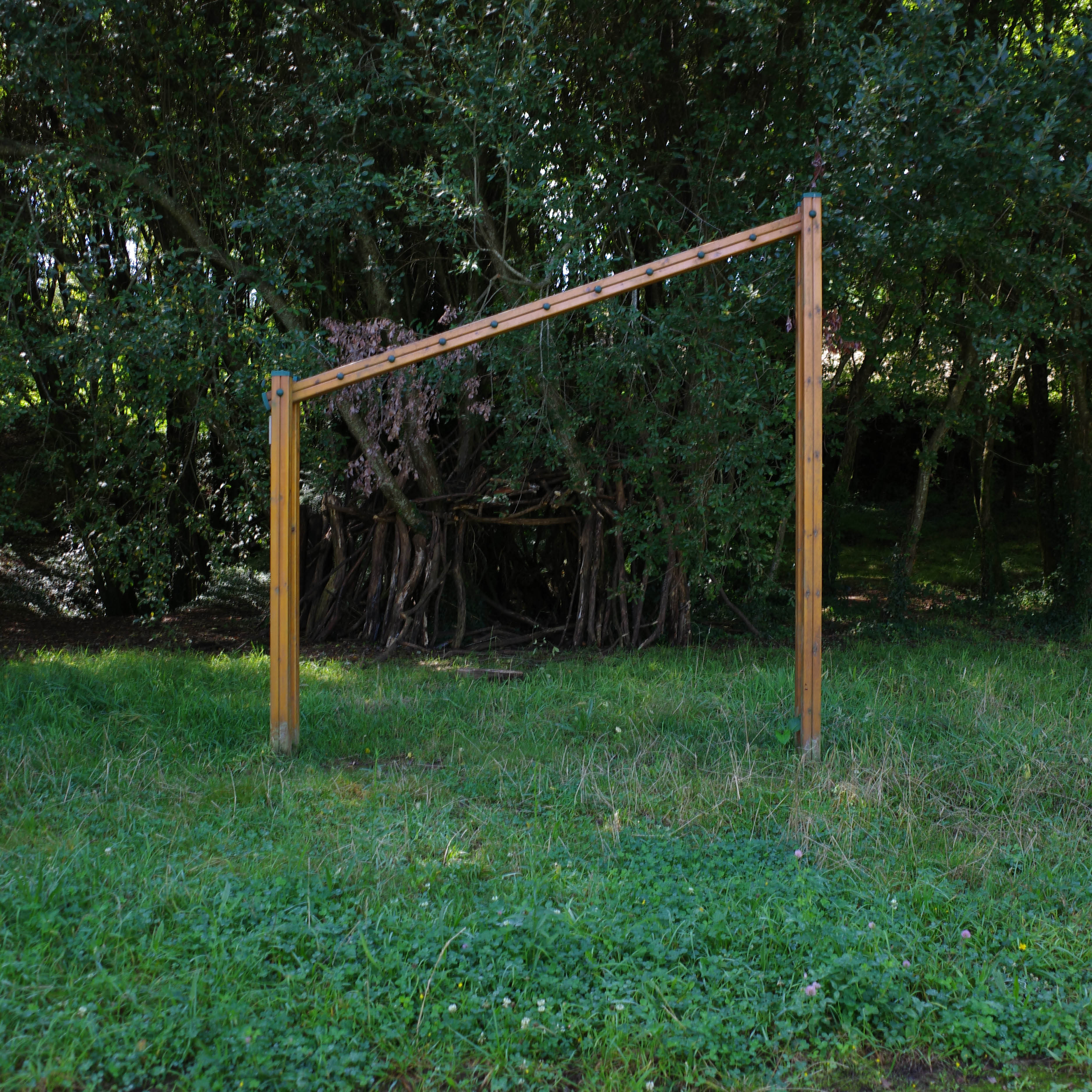 ]
]
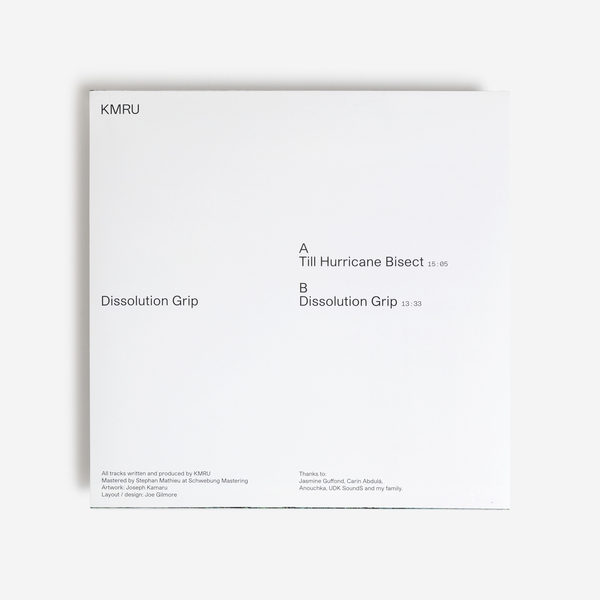
-
Disconnect
KRM &KMRU
Phantom Limb - Digital /2LP
‘
“Equal parts frosty dub techno and eerie minimalism, connected by monolithic grace and nuance." - The Wire
“A haunting landscape of ghostly bells and dust-dry doom.”- The Guardian
“Embodies a sense of daybreak after intense turmoil, while diving into a menacing, industrial netherworld. Immersive.” - DJ Mag


-
Stupor
OtherPower -Digital /LP
October 20/2023
“A musical alchemist, KMRU places his listeners’ ear into a sonic-spatial matrix in which he transmutes his trans-local experience of place into elevated sonic dimensions that demand a kind of listening that you need to surrender to. If listening positions you inside an event – into a relational, social and cultural act that also positions us in the world – then listening to this album projects you inside an indeterminate unfolding, thick with tensions of movement and transitions.” - Bhavisha Panchia
“Preceded by a growing reputation, Nairobi/Berlin’s KMRU draws from the promise of new age ambient and quiet/loud post-rock dynamics for an album that toys with and blurs conventions”- Boomkat

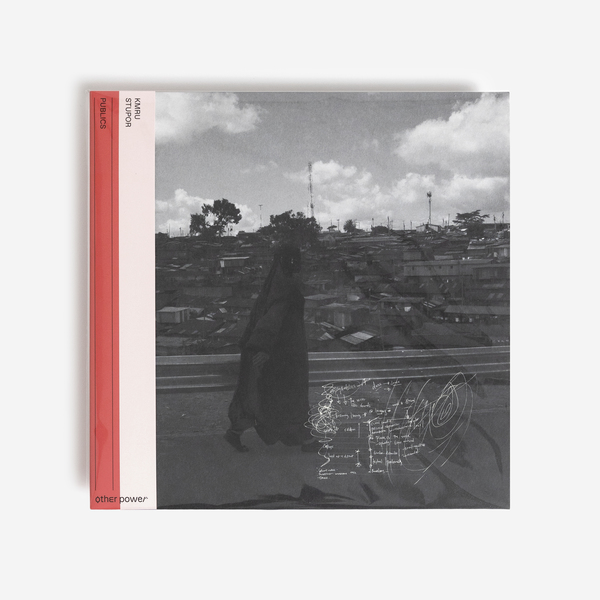
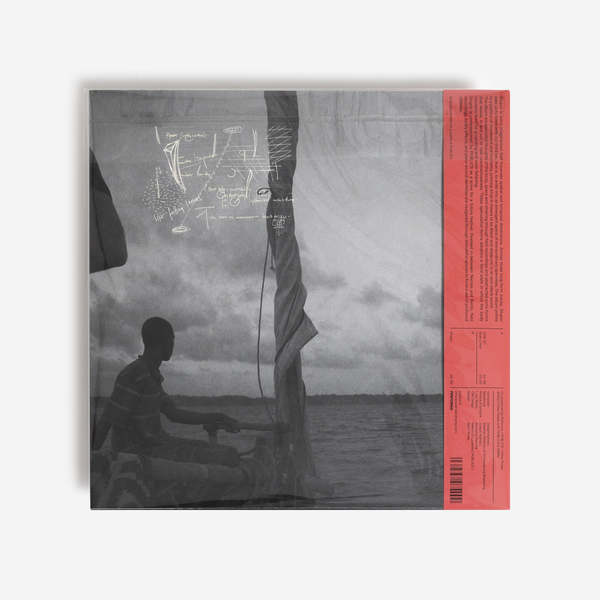
-
Drawing Water
KMRU, Abul Mogard
Vaagner - LP, Tape, DL
September 2/2023
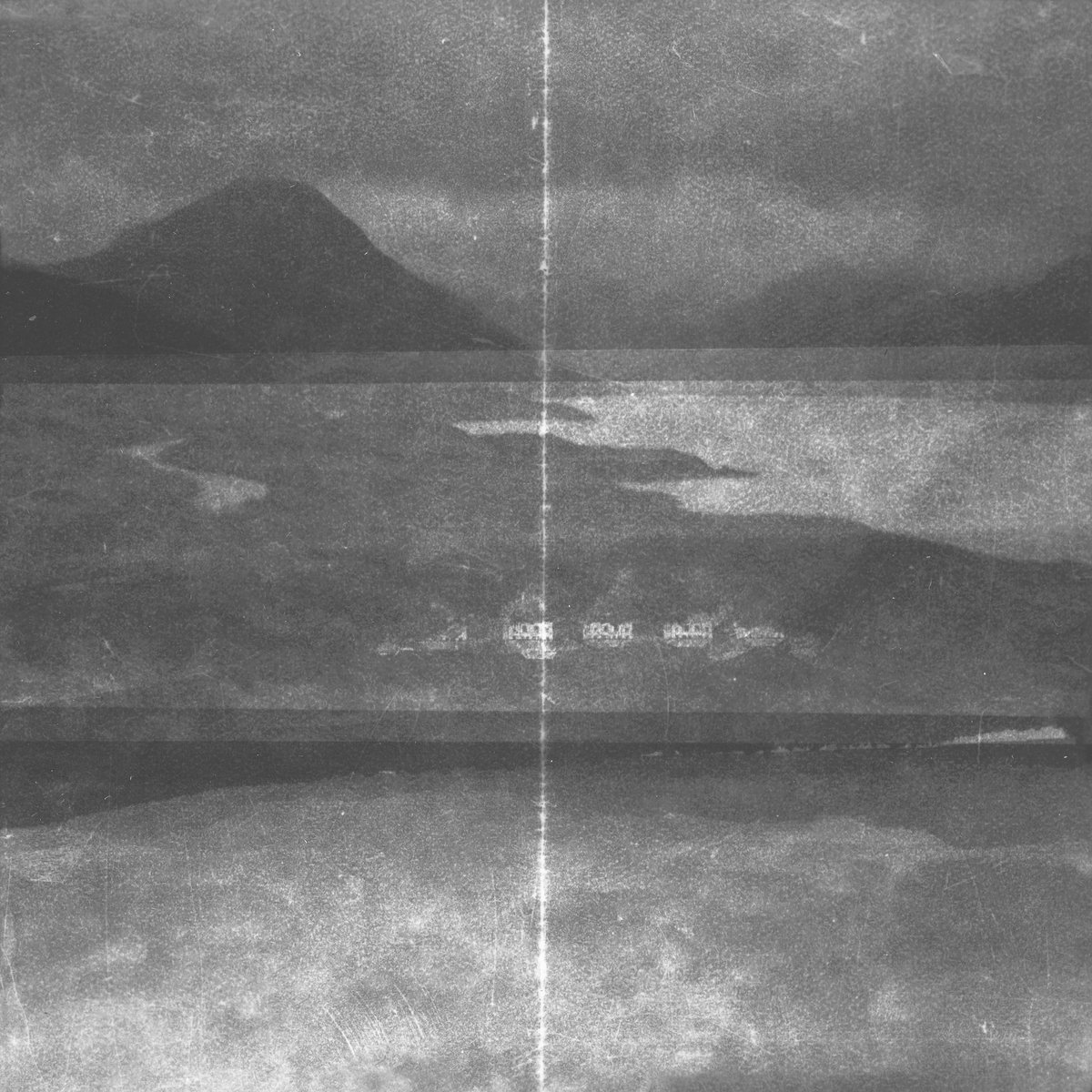
 .
. 
-
glim
self-release- Tape/ DL
March 3/2023
“Glim is like an abstract painting that rewards being looked at from all angles, but no matter how much you squint, its secrets remain just out of sight” - Pitchfork

-
epoch
Seil Records - Digital/ Tape
October 25/2022
“Tracks bleed into one another like dye in water, and the record takes on a dreamlike quality.” - XLR8R

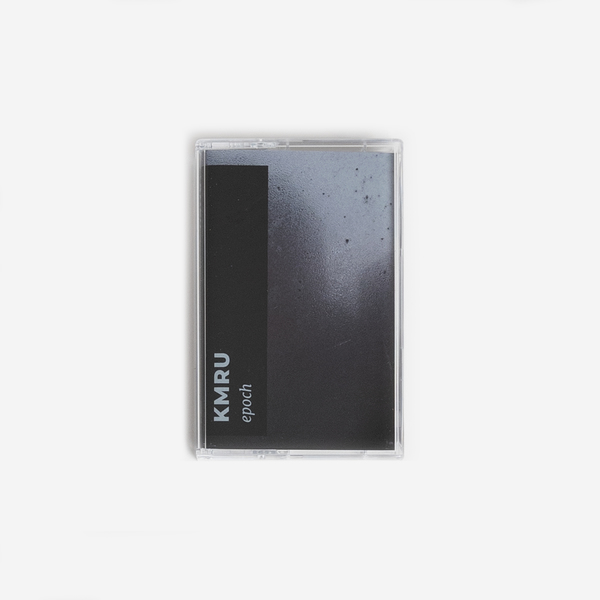
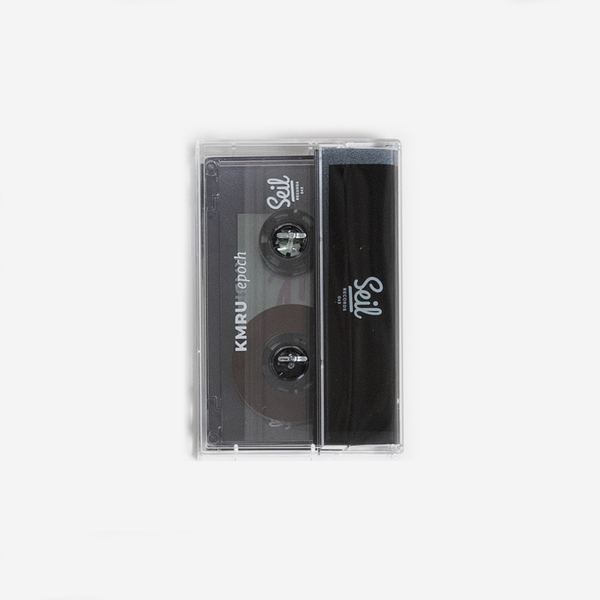
-
don't linger, they might see you -Digital
September 2/2022
“An unsettling homage to the mysterious nature of dreams from the Berlin ambient music star.” - Resident Advisor
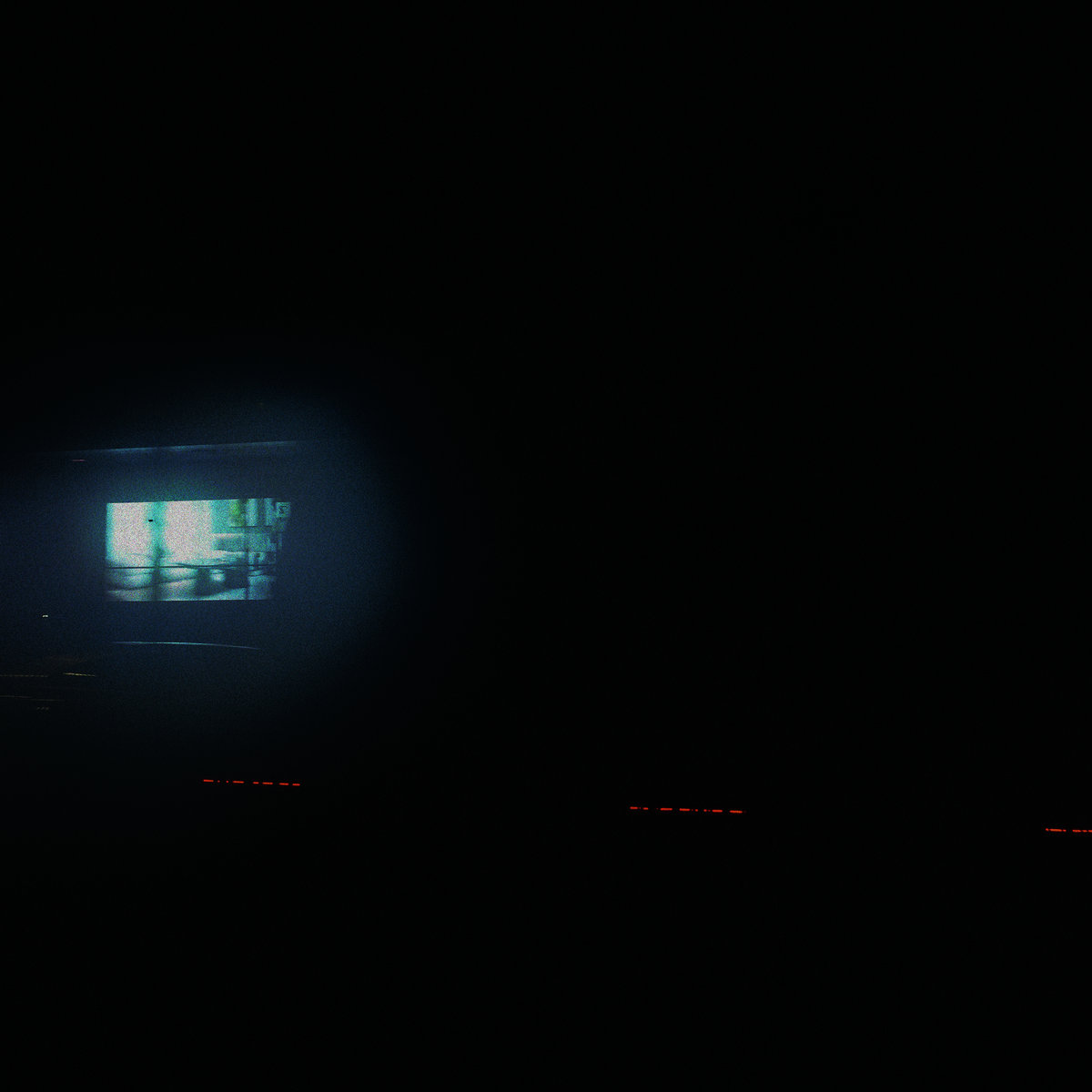
-
LIMEN
KMRU & Aho Ssan
Subtext- Digital / LP
April 29/2022
“Ambient musician KMRU and experimental producer Aho Ssan balance tectonic rumbling and grinding steel against whispering white noise and synthetic choirs....It remains considerably different from either artist’s solo work, yet in its introspective depths, you can glimpse the fingerprints of both.” - Pitchfork
“KMRU and French sound designer Aho Ssan join forces on their first full-length together, offering a trio of explosive 'Akira'-influenced soundscapes that are far from Ambient. Apocalyptic music that falls somewhere between Tim Hecker or Ben Frost's powerful cinematic thrusts and Emptyset's HD post-industrial maximalism.” - Boomkat
“The drama is melded to a sense of consistency, as if the tension might be managed, the ruined abstraction salvaged, a new life built upon the ashes of the old. As lava hardens, sometimes new islands are born”- AcloserListen
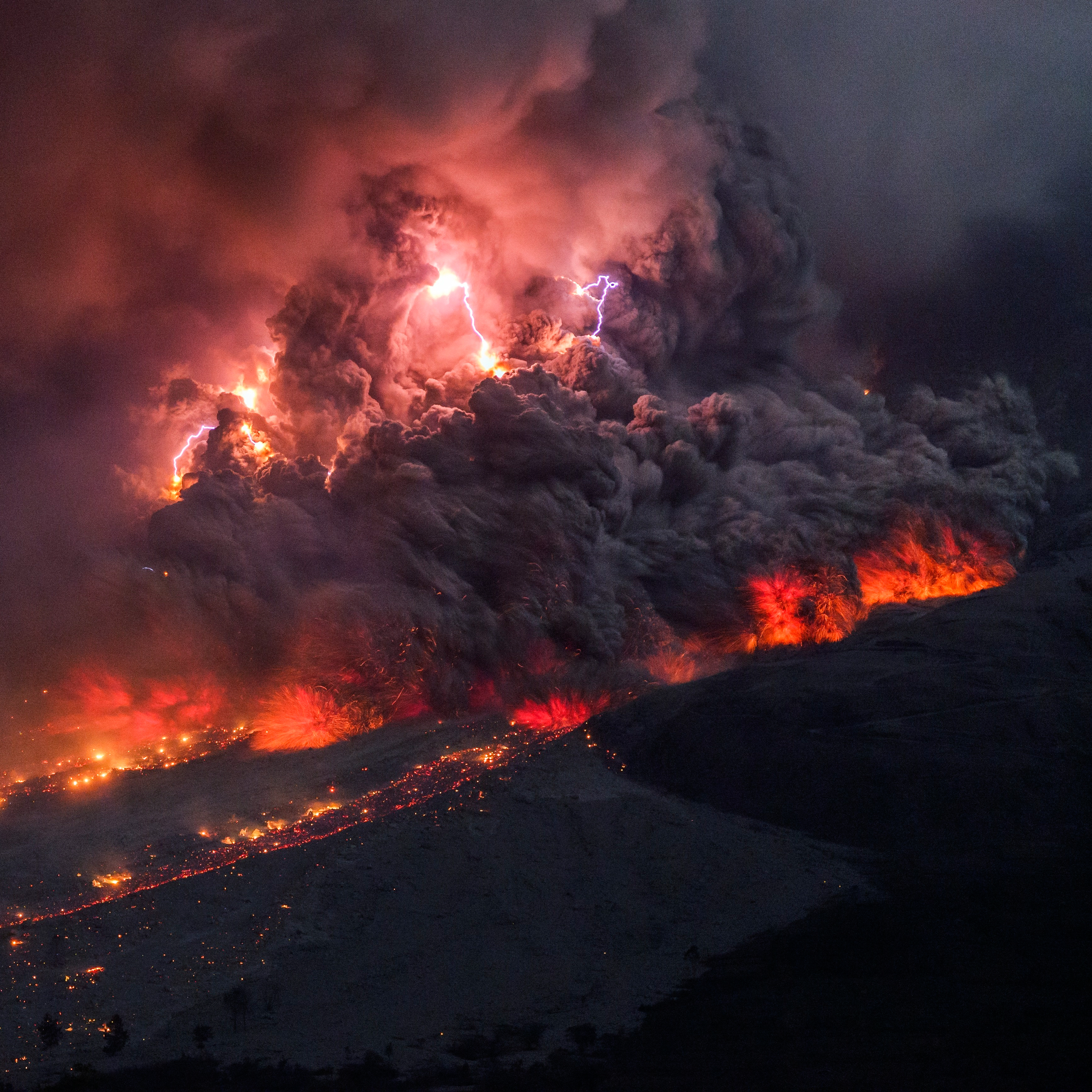
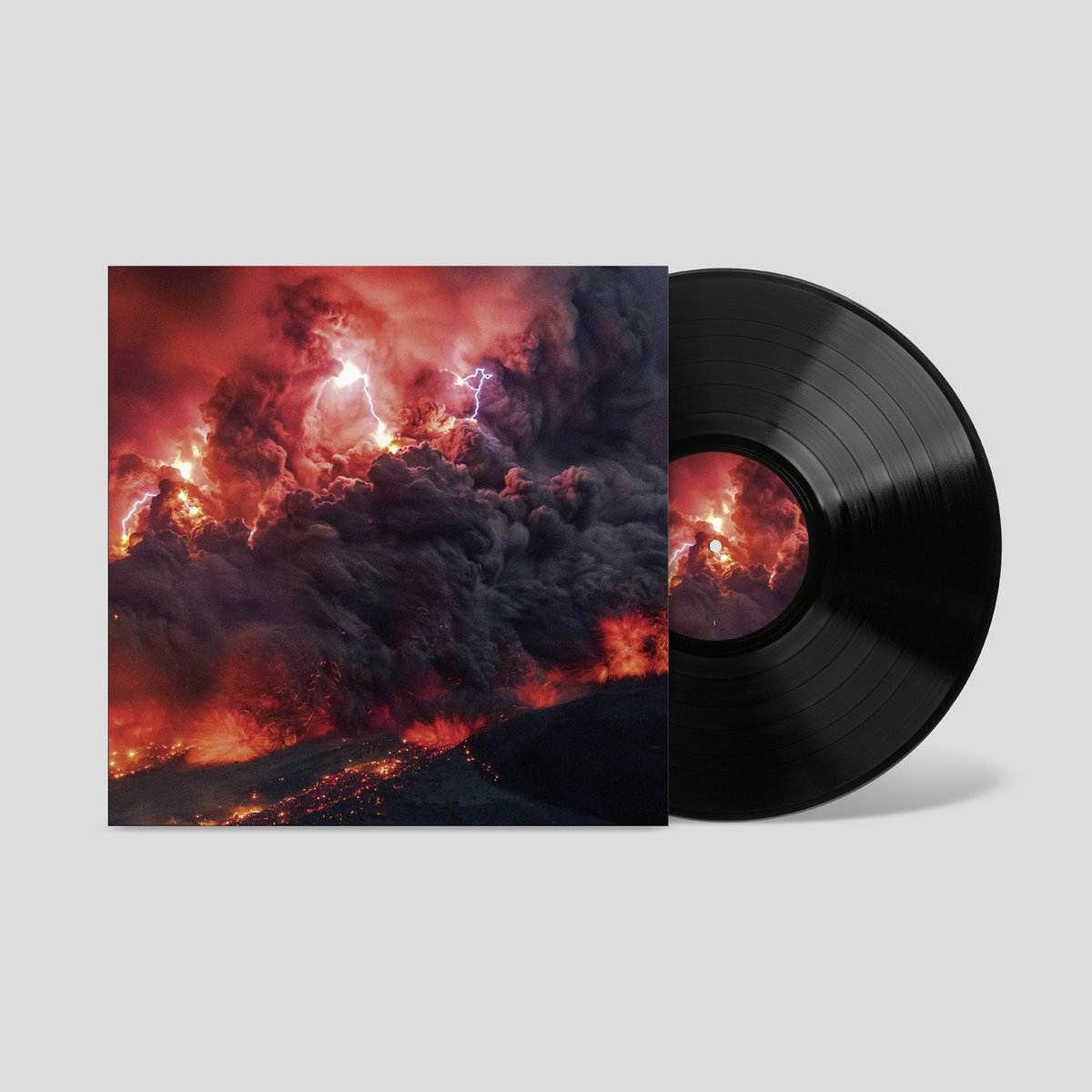
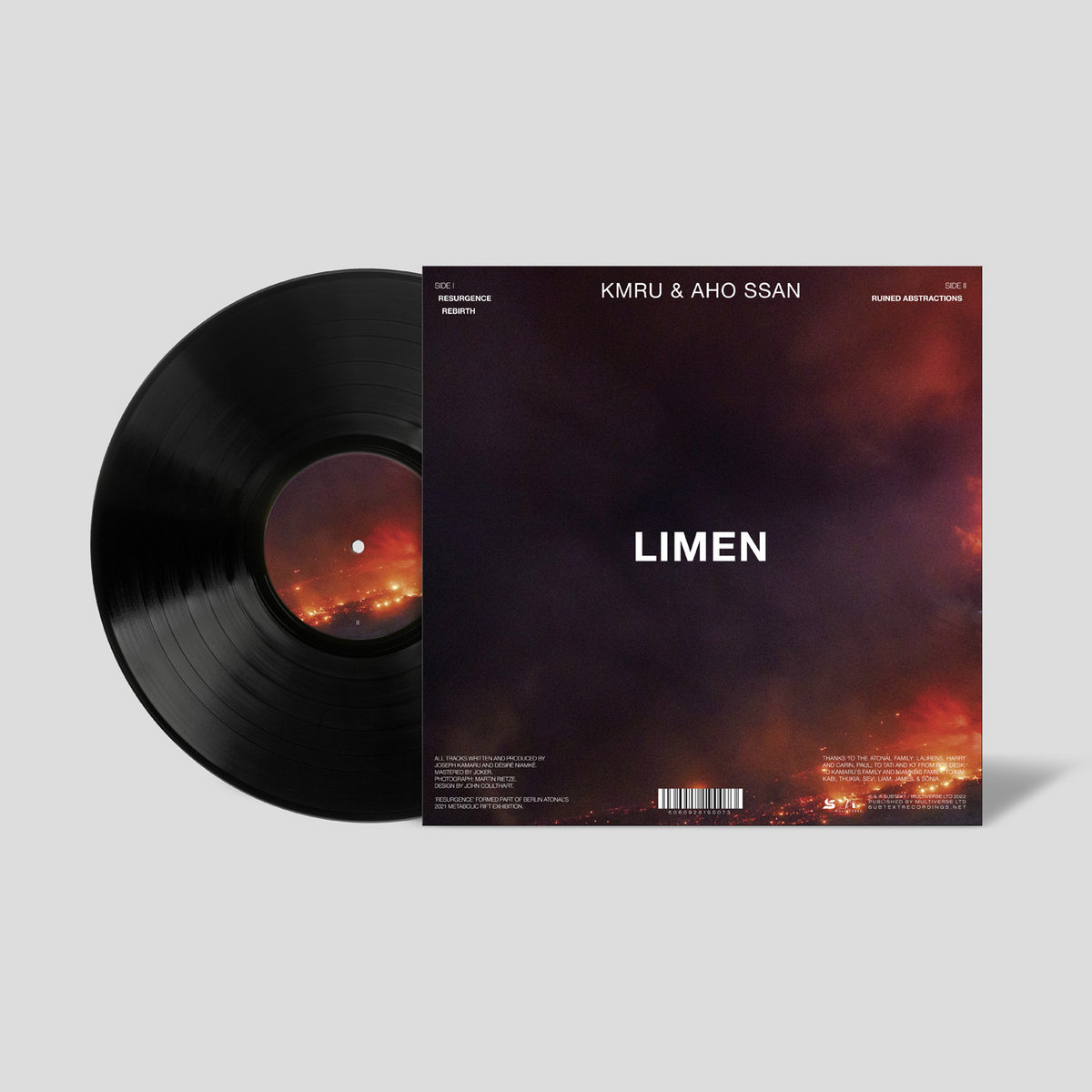
]
-
Temporary Stored
Self Release - Tape/ Digital
July15/2022
“
Joseph Kamaru or KMRU, who is also represented on "Sounds of Absence" with one piece, on the other hand, uses the album Temporary Stored" for critical intervention regarding appropriation, archiving and museumization, is also called commodification, the artefacts of earlier colonies by institutions of the global north. For this purpose, he works with the sound archive of the Royal Museum of Central Africa and understands the sounds used as connecting lines between different generations or the past and the future. Thus, the six individual pieces as well as the 50-minute radiophonic pieces represent equally actively practiced historical criticism as they themselves question the conditions of historiography as such.”- Field Notes


-
Imperceptible Perceptible
Longform Editions - Digital
April 10/2022
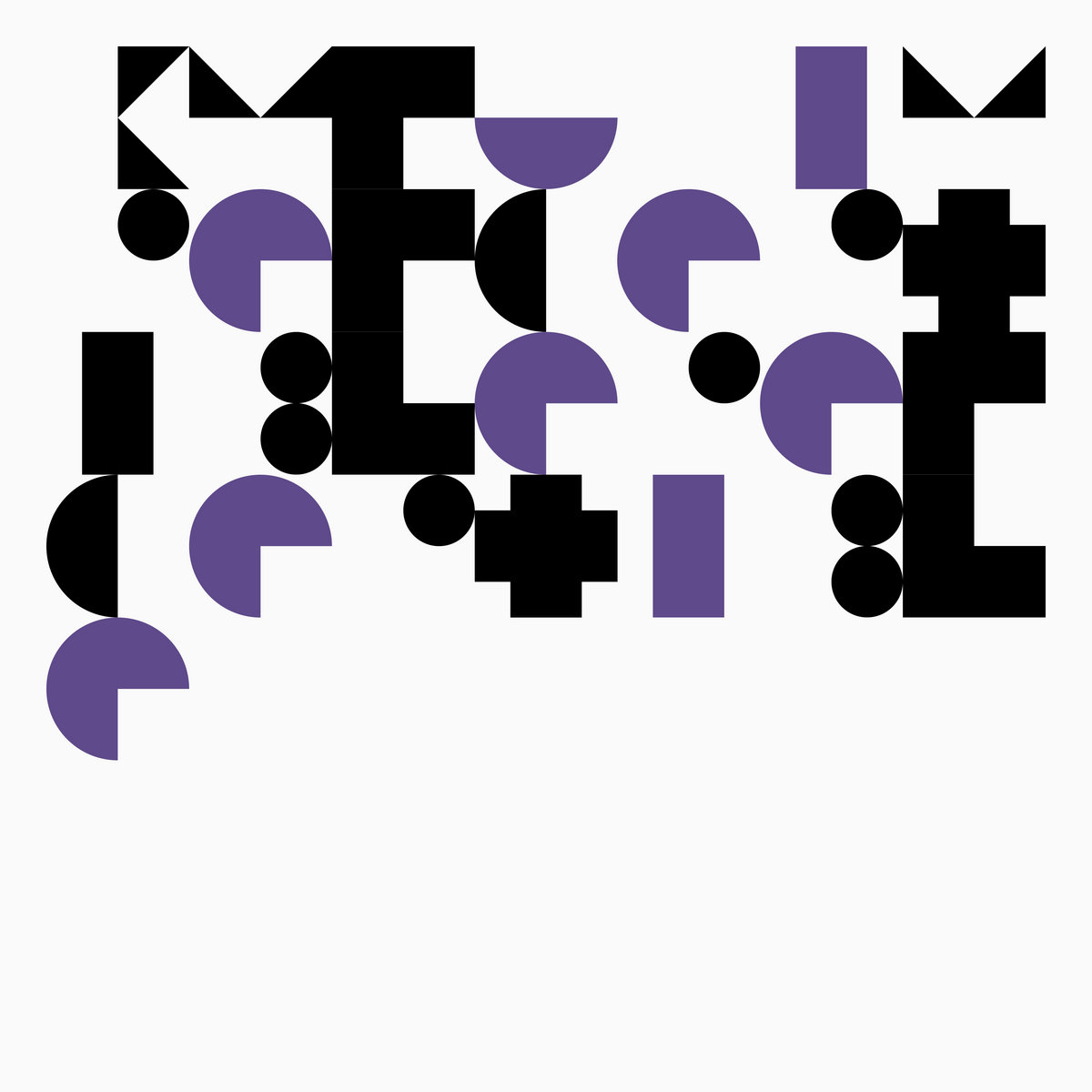
-
there was nothing in between
self- release - Digital
February 2/2022
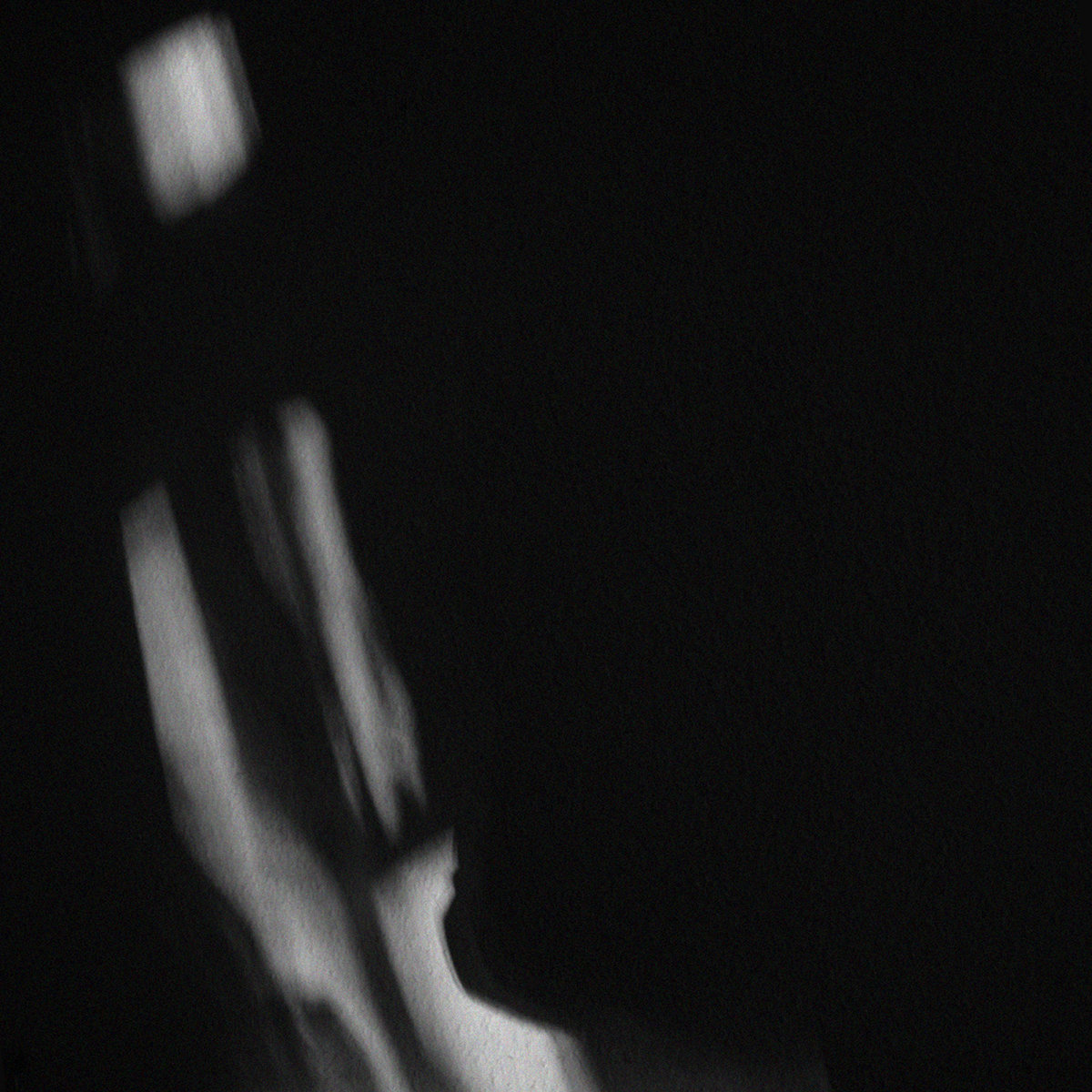
-
Peripheral
KMRU & Echium
Self Release- Digital
October 1/2021
“Echium and KMRU make abstract electronic music that sounds as if it's bursting free of the digital world: they ink a utopia that's verdant, fertile and teeming with life.” - DJ Mag

-
as it still is
self release - Digital
August 6/2021
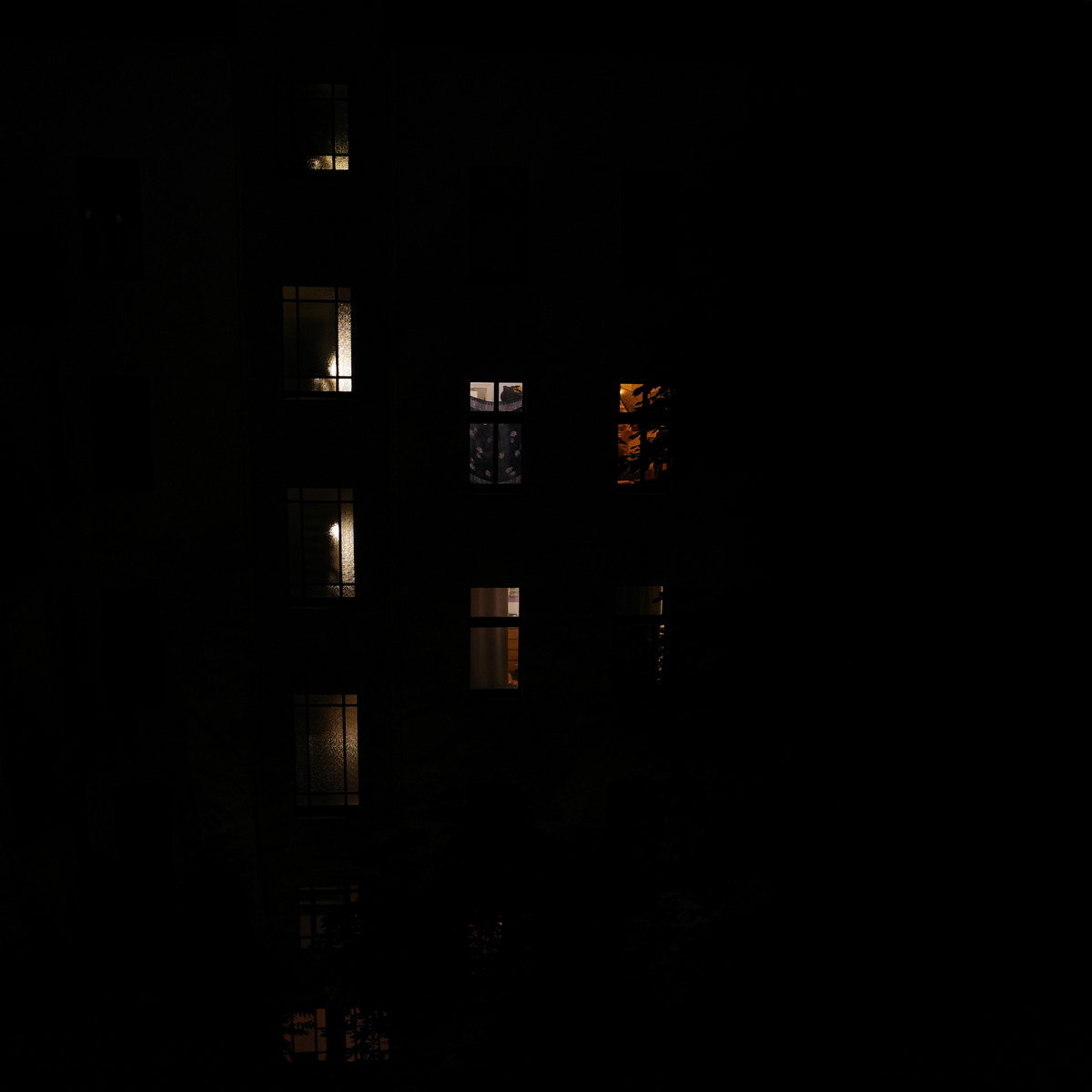
-
Logue
Injazero Records- LP/ Digital
May 14/2021
“Nairobi ambient wizard KMRU combs his archives to assemble this very enjoyable collection of odds 'n sods. The drones are pushed to one side for a hot minute as he explores Emeralds-esque cosmic psychedelia, clanking house, contemplative piano-bient and ping-ponging early electronic moods” - Boomkat
”One of the leading ambient artists working today.” - The Guardian
“A goldmine of introverted electronic music.” - Resident Advisor
“Intelligent, atmospheric and emotionally experimental music, using everything from gritty indigenous sounds to field recordings and synthesis.”- NTS
“The Kenyan artist is carving out a unique place in electronic music.”- Pitchfork
“One of the most prolific and innovative artists in his field.”- Bandcamp
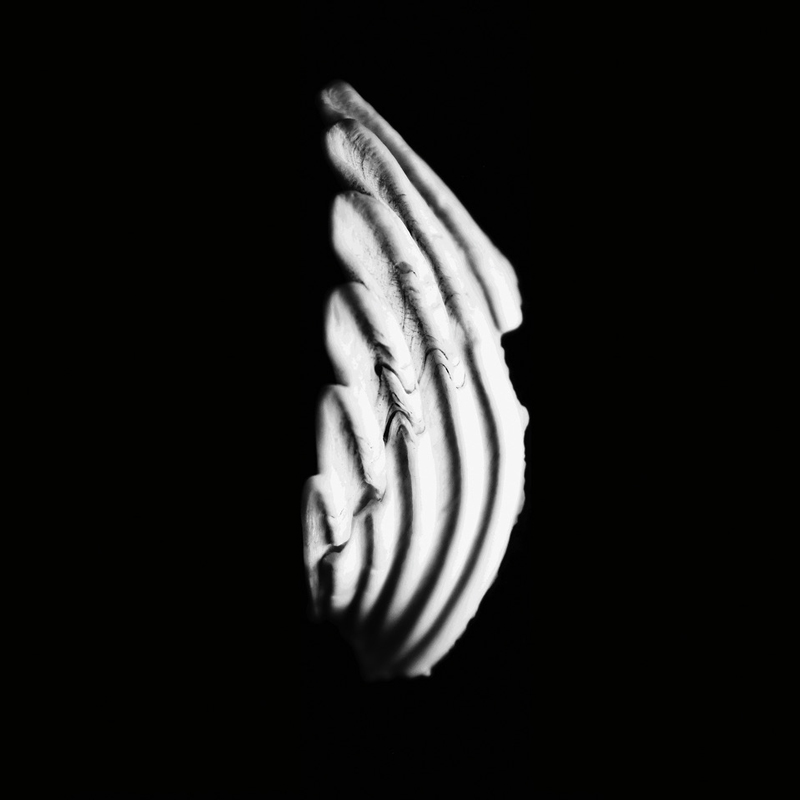


-
inter alia
self-release- digital
April 2/2022

-
falling dreams
self-release- digital
February 5/2021

-
jar
Seil Records- Tape/ digital
September 15/2020
“ journey through the dust of time,” across Jar KMRU merges “found sounds, analogue warmth and granular dreams.” - Vinyl Factory
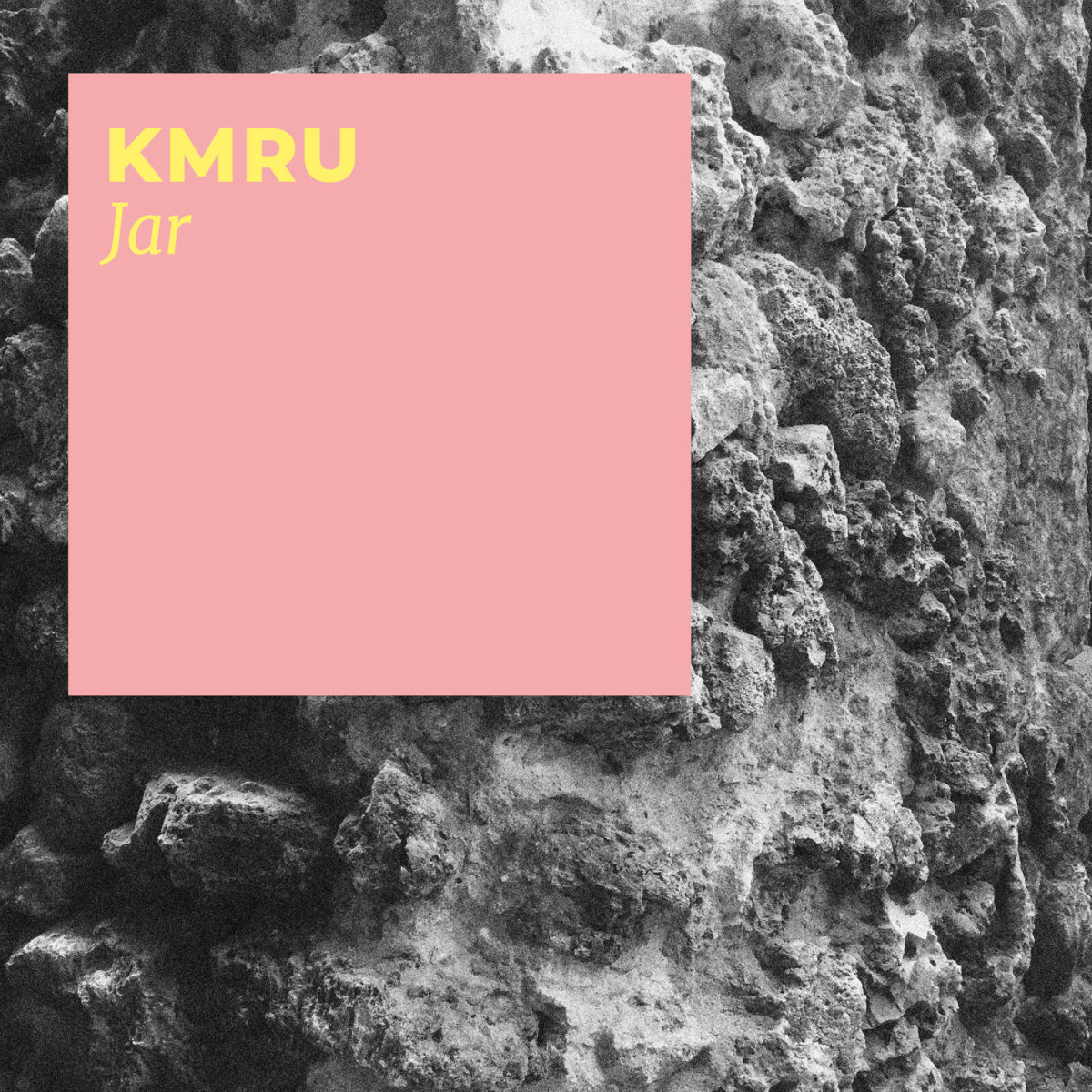
-
ftpim
self-release- digital
December 4/2020

-
drawing water
self-release- digital
November 6/2020

-
while we wait
self-release- digital
september 4/2020

-
Peel
Editions Mego - 2LP/ Digital/ CD
July 23/2020
“This album isn’t ambient, or drone, or noise for that matter. But it is sublime and one of the most transfixing releases in recent memory.” -GodIsInTheTV
“Peel is the kind of album that lifts back the veil of the corporeal world”- Inverted Audio
“In just 48 hours, KMRU made something more than worthy of Editions Mego's stellar catalogue.” -Resident Advisor
“This is a deep, heartfelt journey with a new, strong voice being expressed through the means of organically presented electronic ambient sounds, one which reveals further layers on repeat listens.”- Boomkat

-
EPs (tbu)
Compilations
Cybernetics, or Ghosts?
KMRU & Aho Ssan - Clear Vision (2024)
Aa. Vv.
KMRU, Thea Soti - Vacuum (2024)
Get This: 32 Tracks For Free - A Tribute to Peter Rehberg
KMRU - from here (2022)
Random and emblematic: The sound of space
KMRU - Stretch Mabati (2023)
OPEN SPACE VOLUME 2
KMRU - In a Distant (2022)
.
IMAGINARY LANDSCAPES
KMRU - Temporal Frame (2022)
Ultimate_Collection ''beech trees''
KMRU & Aho Ssan - Despite the Night (2021)
RESIST COLONIAL POWER BY ANY MEANS NECESSARY
Kevin Richard Martin/KMRU - If (Dub)
Paint your lips while singing your favourite pop song
KMRU - A score to start hearing the invisible (2022)
All Semantics (I)
Nyokabi Kariuki & KMRU (feat. Chris O'Leary) - uncertain (2021)
re-LEAF (Türkiye and Syria Earthquake Relief)
KMRU - In Life (2023)
MELT
SLIKBACK X KMRU - DISSOCIATION (2021)
Collection 2021
KMRU - Lacuna (2021)
DIALOGUE
Luke Slater, KMRU, Speedy J - DIALOGUE#1 (2021)
Tresor 30
KMRU - neutral points
harkening critters
kmru - inta
Touch
KMRU - Its not a tangency
Remixes
Laura Misch
Laura Misch and KMRU - Alchemy (KMRU Rework)
Soft as Snow
Silk and Gut (KMRU remix)
Rafael Anton Irisarri
Displacement (KMRU Rework)
Ale Hop & Titi Bakorta
Nitaangaza KMRU Remix
Corker Conboy
Once or Twice (KMRU Rework)
Sex Judas feat. Ricky
Ricky - Your Hair In My Soup - KMRU Remix
Tinariwen
Imidiwaren (KMRU Remix)
Courtesy
Night Journeys III - KMRU Remix
Nonclassical
Langham Research Centre - Dinotique (KMRU Remix)
AUGURY BY BIRDS
FOSTER [KMRU REMIX]
Delta
Lyra Pramuk & KMRU - Constructs of Still
Koki Nakano
Overlay (KMRU Remix)
Aho Ssan
Outro (ft. The Mensah Imaginary Band): KMRU Remix
The Allegorist
Blind Emperor - KMRU Rework
Montoya
Perla (KMRU Remix)
Jus Kno'
Jus Kno', KMRU - Hidden (KMRU Remix) (2022)
-




Temporary Stored
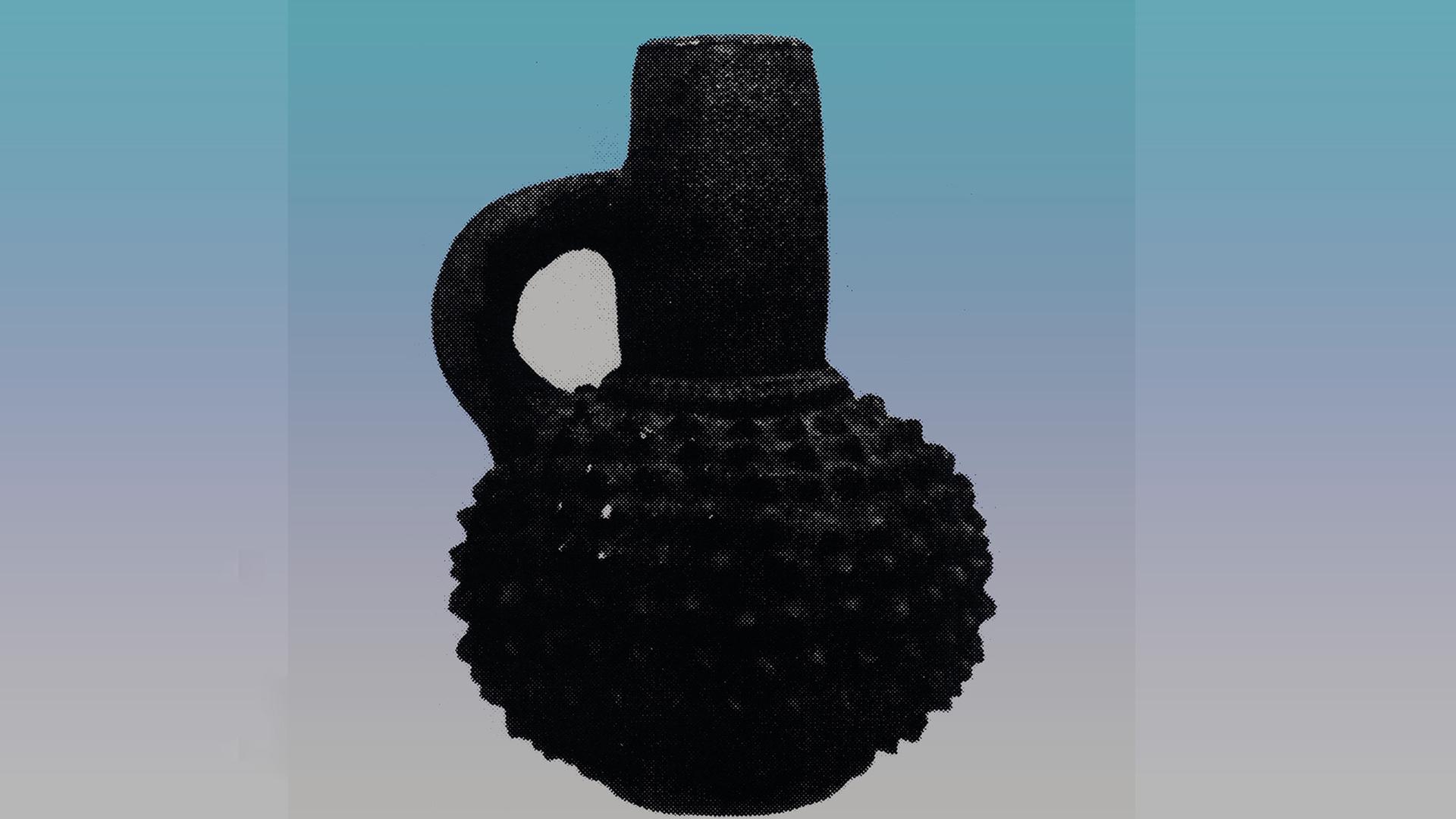
Not only were masks and sculptures stolen from Africa during the colonial period. Sounds also did not find their way into European museums without
being forced. Joseph Kamaru explores the audio archive of the Royal Museum for Central Africa in Belgium.
Temporary Stored]
Radiophonic
2021/2022
-
An ongoing extraction of cultural property has occurred in colonies outside Europe, leading to the objectification of artefacts, humans, tools, sounds, instruments, amongst other materials. This harbouring of the objects in museums and institutions is unethical and problematic as the so-called objects’ are not regarded as objects in an African context. These are historical carriers, spiritual beings, and cultural entities that have been passed
over generations and are meant to be learned from and act as reflections of past and future histories. Although these histories are not accessible to whom they belong to and impetus imagined histories of the past. The occident has accumulated most of these archives and continuously reproduces a
colonial pattern in this discourse. Considering suppositions proposed by Bonaventur Ndikung, and Kofi Agawu on the archive, [Temporary Stored] questions and reflects on the significance of these sounds, objects, and instruments stored in ethnological museums. These museums and institutions have acquired objects through dubiousconditions such as looting, theft, greed, and naivety of sellers, in the spirit of predator capitalism outside former colonies of Europe, eradicating histories, norms, and practices of these communities and countries. Additionally, with the fact that most of the archives
have been contextualized from a European bias and an institutional ordering of knowledge, the presentation, descriptions of the sounds and objects often lose the relationship with their/ its inhabitants as the focus has been put primarily on the ‘object and ‘sound’ materialities leaving other significances of the archives. Temporary Stored] focuses on a narrative throughout different sounds from the Sound Archive of Royal Museum of Central Africa repatriated in 2021 and reconfigured in an emancipatory sonic hearing of the archive through a radiophonic sounds piece.
-
KMRU: IMPERCEPTIBLE, PERCEPTIBLE
For this streamed commission, KMRU presents imperceptible , perceptible. Constructing remembered sonic thoughts of decayed time, the piece explores lived experiences of sound, gradually returning us, we, them to the present or past. Exploring field recordings, noise and drone, imperceptible , perceptible probes to impetus the knowing. Subtle durational changes of sounds, and moving images create phantasms as reflection of the present.
Thu 18 Nov, 2021, 8pm
Streaming on this webpage and Vimeo
waste(s)
KMRU
Waste is fundamentally crucial to environmental discourse both in physical and digital domains. It contains the value, usage, and temporality of things, although many are unaware of how much these phygital wastes contribute to the climate catastrophe. Just from our daily lives, we are in situations that contribute to carbon emissions generated through our devices and internet use. In contrast, other parts of the world, such as Nairobi, the subject of KMRU’s piece, are battling with tactile wastes, surrounded by landfills affecting communities and the life of humans and other species. waste(s) (2021, 15:48 min) seeks to reflect on the concept of pollution. It asks: How is waste created? What happens when waste is thought of in different ways, and can waste be a source? To create the piece, KMRU collaged field recordings of waste(d) spaces, electromagnetic sounds of social media sites, and the digital debris of trashed and recycled audio fragments into new compositions. A juxtaposition between the digital-physical concept of waste, waste(s) is recontextualized as an artistic resource for real and imagined pollutions.
Sound: KMRU
Video: Kevin Karanja
-
Resonant Links
Within the complex sound specter of our environments and surroundings,
sounds are always immersive, proximal, and constantly pushing through our bodies.
There is a temporal flux with the sounds of our habitus and daily lives, which most
often goes unnoticed and ignored. 'Resonant Links' investigates this aural-dual infrastructure
of the urban and sea life, accentuating these two world's auditory perspectives
and dimensions and poses an impetus on our relationship with the sonic habitus.

don’t linger, they might see you
Untraining the ear Listening Station
13.12.2020, 16:00
With/ KMRU
ON 88.4 FM in Berlin and 90.7 FM in Potsdam at reboot.fm, as well as online here on our website, and via our facebook page
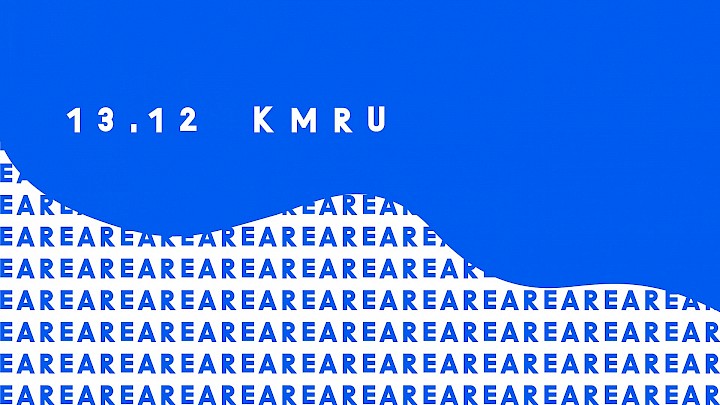
don’t linger, they might see you explores sounds, field recordings, silences and noises giving sense of occurrences, and continuous experiences of time. "They", here, is a metaphor of nothingness connected with our continual stream of thoughts and consciousness, unlimited to any specific time and space, this can be in real life, dreams or in “other worlds". The piece explores sounds which are unseen (electromagnetic), which are always in around us and mostly unnoticed. Although they are somewhat silenced, these sounds have a connection/ interaction with the environment, just like our bodies.
Premiere: Aho Ssan & KMRU – Ruined Abstractions
London’s Hot Desk collective remerge for the latest instalment in their charitable Work From Home series. Live sets made up entirely of original material, where Herron, Gamba and Ausschuss propped up the second edition, the third assembles another cast of talent right from electronic music’s bleeding edge.
Sitting alongside solo outings courtesy of Myriam Bleau and Zoë McPherson, Nairobi’s KMRU and Parisian producer Aho Ssan occupy the third and final slot. A cosmic collision of lacerating sound design and conscious-expanding synth, it conjures up images of potentially habitable exoplanets.
All proceeds from the music and painting are donated to Hackney Migrant Centre, a local organisation that provides support to asylum seekers, refugees and migrants in London by offering advice on immigration, welfare, housing and health.








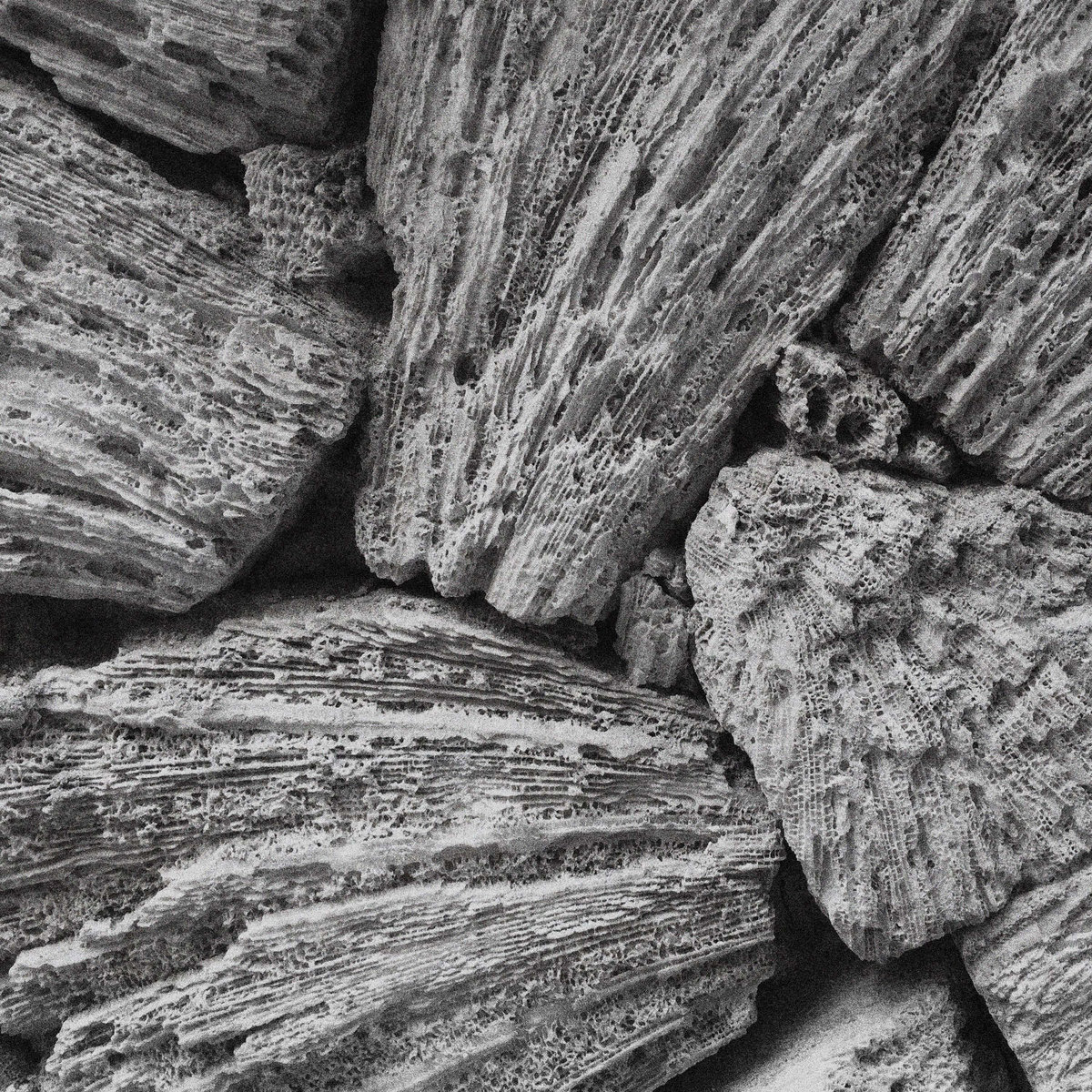
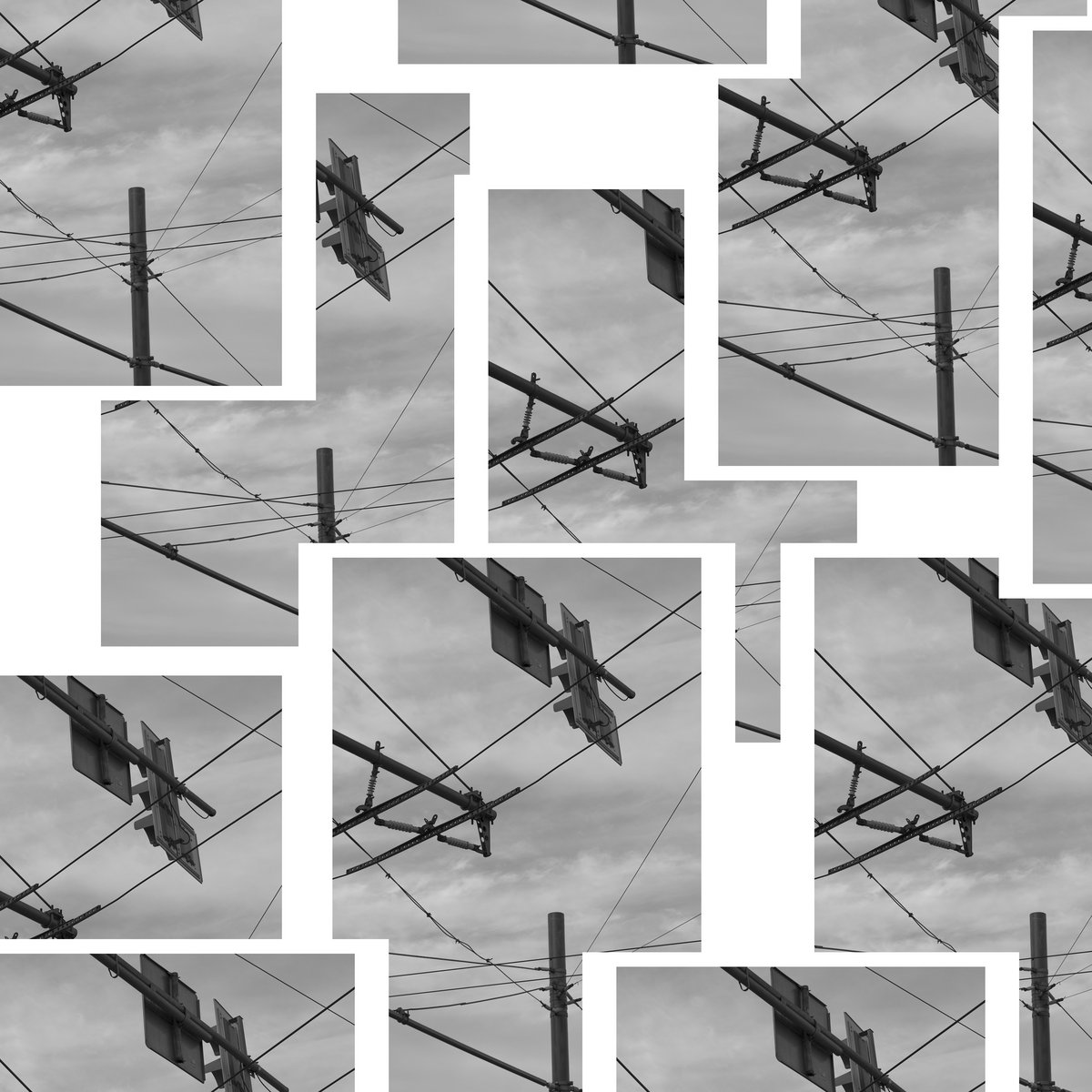




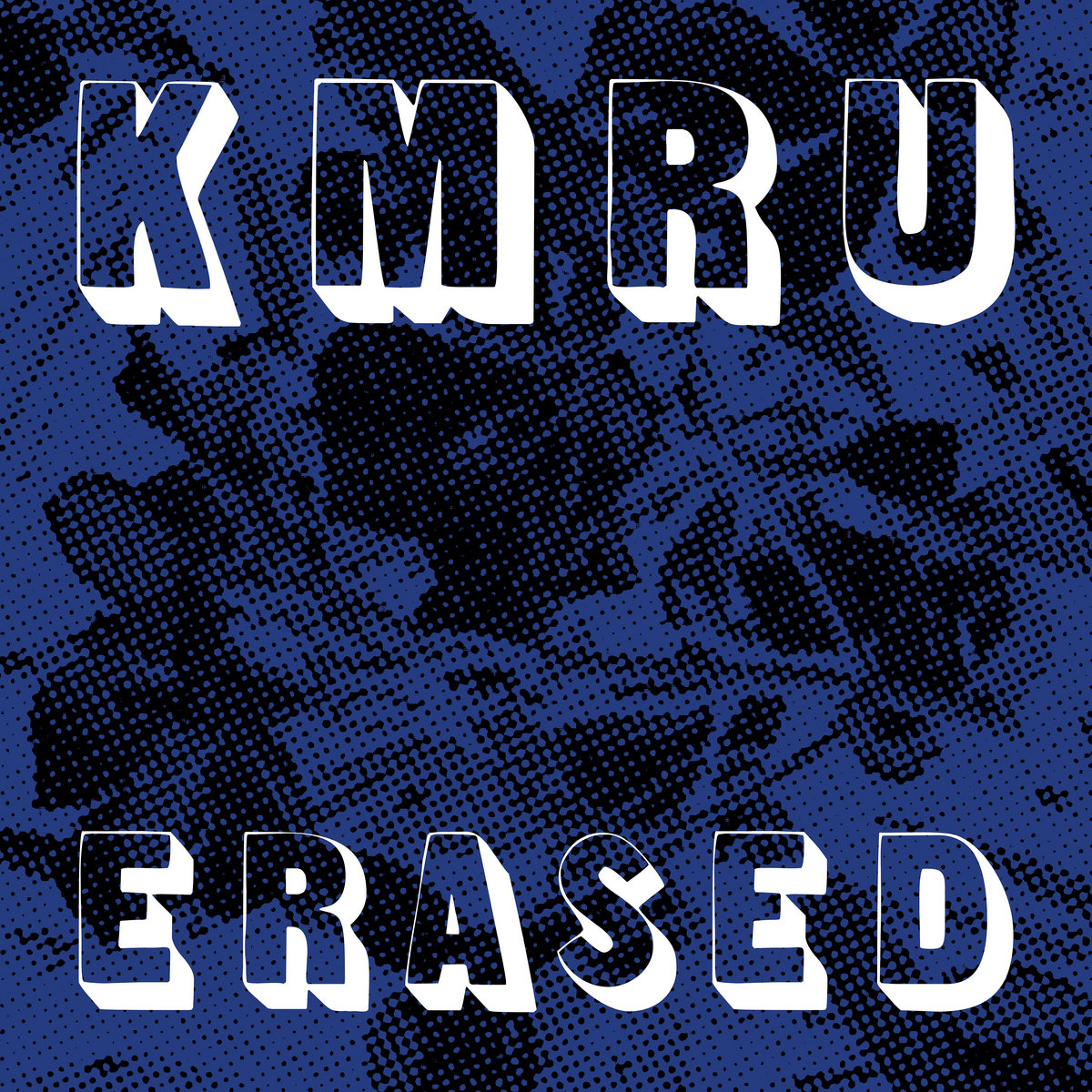


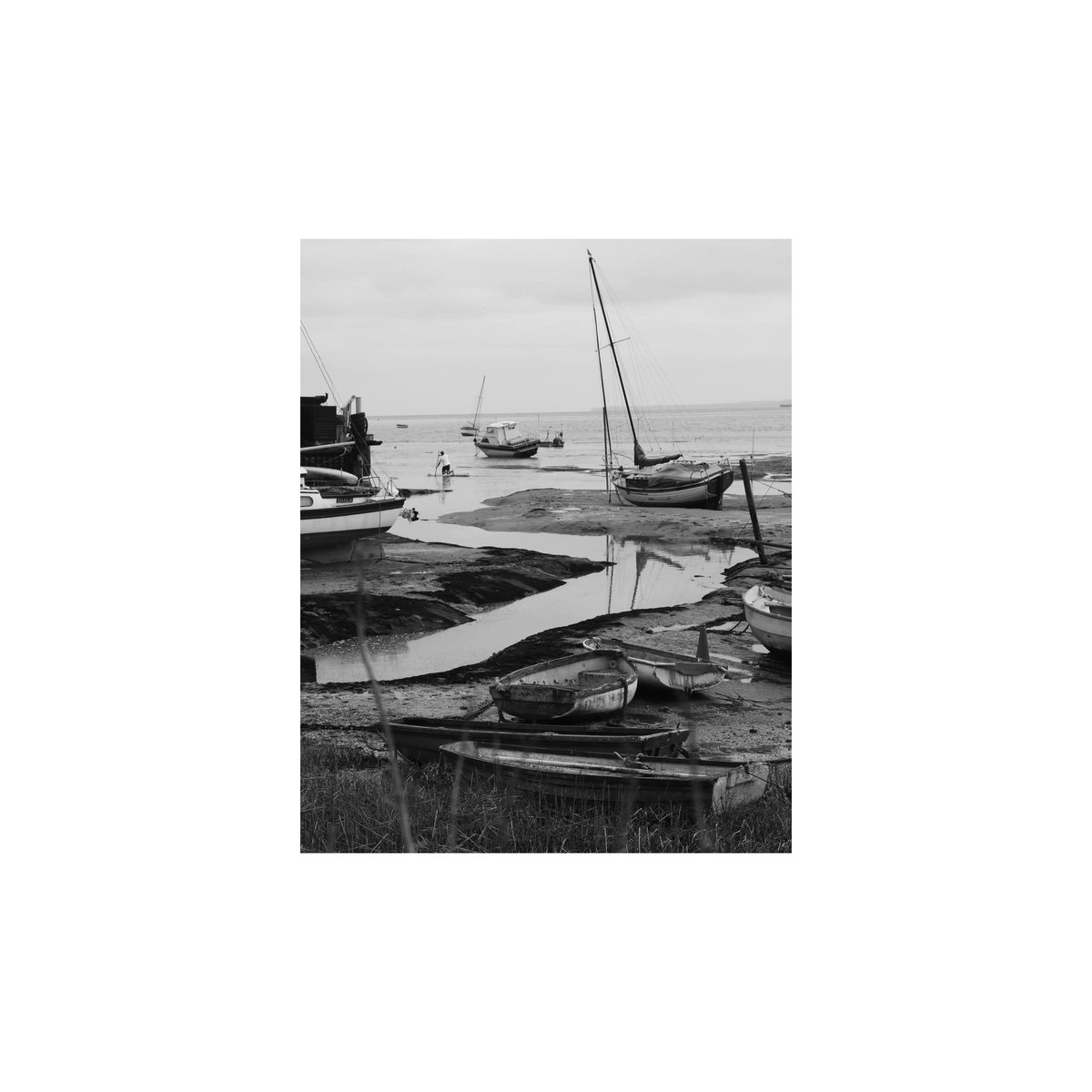


Compilations
